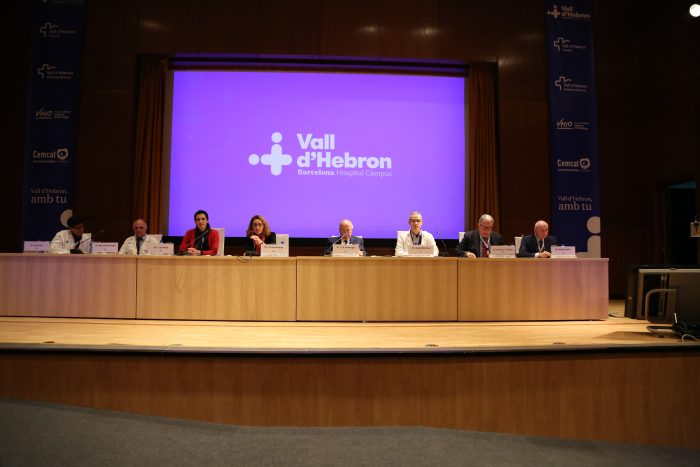WIDER

The most innovative methods in abdominal surgery in the NOTES-WIDER 2018 course
The professionals have been able to update their knowledge in the less invasive techniques of abdominal surgery
Vall d’Hebron University Hospital has hosted the 12th edition of the international NOTES-WIDER-Barcelona course, on November 27 and 28, which includes conferences and practical workshops every year since 2007. The course has brought together surgeons and international experts in gastroenterology and clinical endoscopy, in order to update them in the immediate future of transluminal endoscopic surgery for natural orifices (or NOTES), since they are less invasive methods and that allow to avoid incisions and external scars in the abdominals’ surgeries. Interventional therapeutic techniques derived or related to this type of surgery have also been presented.
The course has taken place in the Pavelló Docent of the Vall d’Hebron University Hospital and was led by doctors Josep Ramon Armengol-Miró, Manuel Armengol, Antonio José Torres and Joan Dot Bach, within the project of the World Institute for Digestive Endoscopy Research (WIDER Barcelona), located at Vall d’Hebron Hospital and funded by the “la Caixa” Bank Foundation, under the direction of Dr. Armengol-Miró. On Monday, 26 at night, a WIDER Welcome Symposium-Dinner 2018 was held at the CosmoCaixa Museum in Barcelona.
Main innovations presented during the course
As explained by Dr. José Ramón Armengol-Miró, from the Vall d’Hebron Digestive Endoscopy Service and director of the WIDER-Barcelona Institute, this course “is very relevant because it brings together the most important international experts to share the latest knowledge in the field of abdominal surgery “. Among the main innovations of this edition, Dr. Armengol-Miró highlighted “new techniques in pancreatic complications and interventions of the appendix and abdominal pseudocysts, which are giving very good results, as well as advances in the use of endoscopic ultrasonography.” Endoscopic ultrasonography is performed with a flexible rubber tube that carries an ecograph. The tube is inserted through the rectum or the mouth and allows the ecographer to pick up high quality images from many parts of the stomach. In addition, in the field of tunneling of the mucosa to treat tumors, “conclusions of studies have been presented with very broad series that confirm the good results“, added Dr. Armengol-Miró.
Other issues dealt with during the course were the future of navigation in abdominal surgery, advances in biliary and pancreatic pathology and the endoscopy of obesity, one of the main challenges of health systems due to the alarming increase in cases of obesity in many countries.
Among the international experts who have participated in this course, Dr. Kiyokazu Nakajima, from the University of Osaka (Japan), who spoke about the latest developments in the ENGINE project, an R + D consortium to develop new instruments in interventionist endoscopy, and Dr. Liu Bing-Rong, from the University Hospital of Zhengzhou (China), who has held a conference on transrectal cholecystectomy with preservation of the gallbladder and transrectal polypectomy with preservation of the gallbladder.




